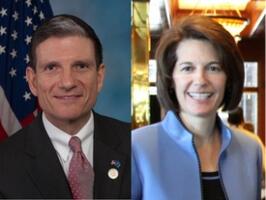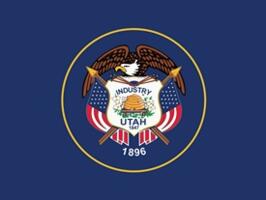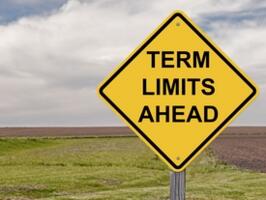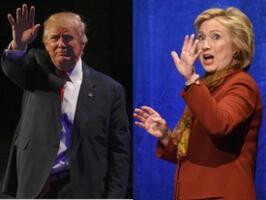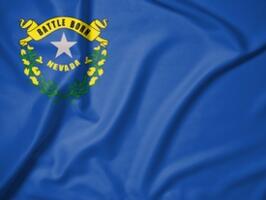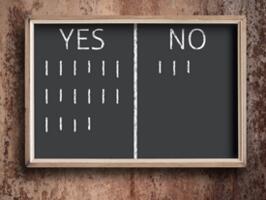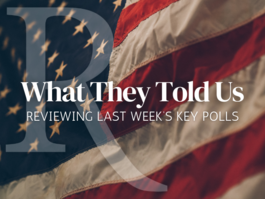The State of Play With a Dozen Days to Go by Larry J. Sabato, Kyle Kondik, and Geoffrey Skelley
Another week has passed in the presidential race and it appears that Donald Trump is not making up much if any ground on Hillary Clinton. Last month, we coined the term “Fortress Obama” to describe an outer and inner ring of defenses Clinton had against Trump as she sought to recreate Barack Obama’s Electoral College majority. The outer ring consisted of states like Florida, Iowa, Nevada, and Ohio — states that Obama won twice but that are vulnerable to Trump — as well as North Carolina, which Obama carried only in 2008. These are states that Trump needs but that Clinton could probably do without. Then there’s the inner ring, states like Colorado, New Hampshire, Pennsylvania, Virginia, and Wisconsin, none of which Clinton can afford to lose if Trump were to completely knock down the outer ring.

